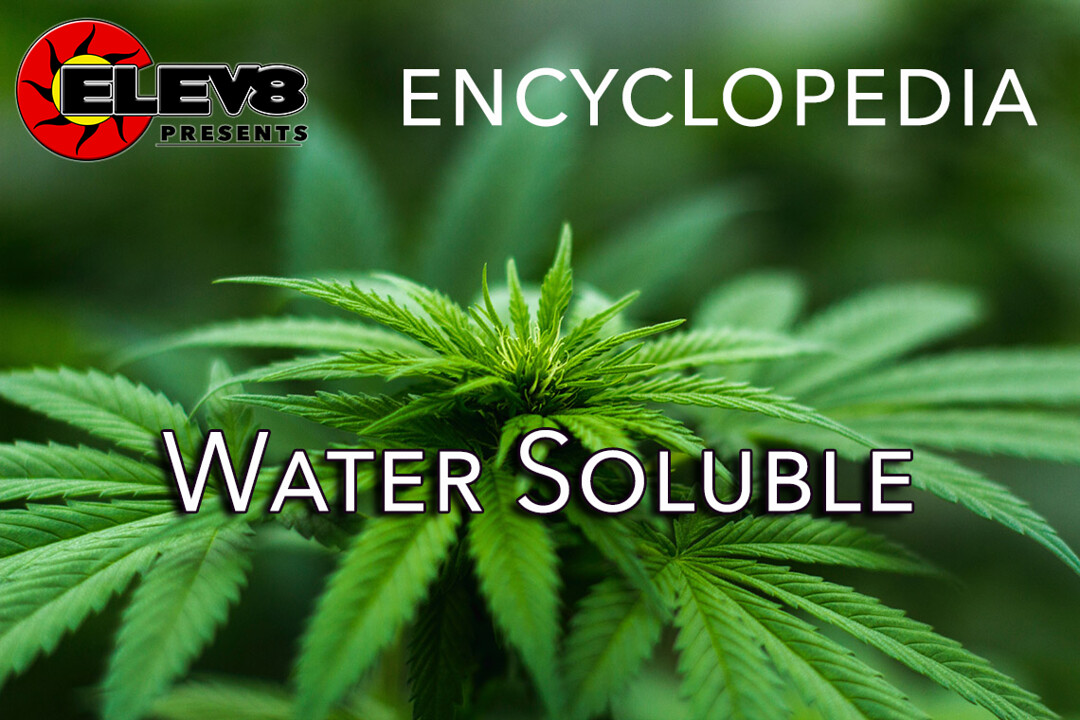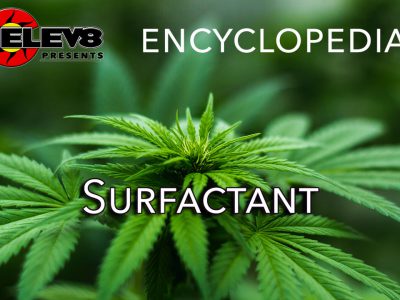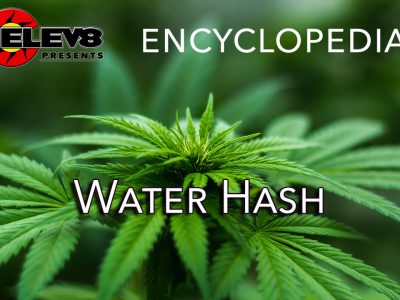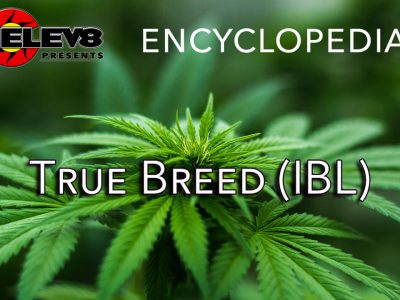What does Water Soluble mean?
In horticulture, water soluble (often hyphenated: water-soluble) is an adjective used to describe something (often a fertilizer, powdered nutrients, amendments, or pesticides) that is highly capable of beingdissolved in a solvent (usually water).
Water solubility is measured in milligrams per liter (mg/L); for example, the weight of pesticide (in milligrams) that will dissolve in one liter of water (L).
Substances that are water-soluble easily rinse off with water and disperse readily through the environment when released.
More Info On Water Soluble
Water solubility can also be used to refer to the maximum possible concentration of a substance dissolved in water. In general terms, solubility refers to the ability of a substance to dissolve. In this process of dissolving, the substance being dissolved is called a solute and the substance in which the solute is dissolved is called a solvent.
A mixture of a solute and a solvent is known as a solution. The solubility of a substance fundamentally depends on the physical and chemical properties of the solute, the solvent and as well as the temperature, pressure, and pH level of the solution.
Ionic molecule or polar molar molecule substances generally dissolve in water because water molecules have the ability to surround the molecules completely and disperse them in a solution.
Non-polar molecules do not interact with water molecules and so in turn are insoluble in water. Some ionic compounds (salts) dissolve in water, which arises because of the attraction between positive and negative charges.
However, there is a limit as to how much salt can be dissolved in a given volume of water. The amount of water is given by the solubility product, Ksp. This value depends on the type of salt, temperature, and the common ion effect.







